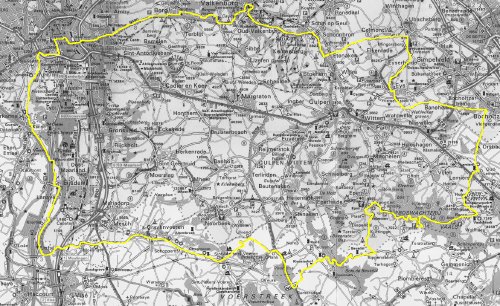Erving Goffman, The Presentation of Self in Everyday Life
“For the purpose of this report, interaction (that is face-to-face interaction) may be roughly defined as the reciprocal influence on individuals upon one another’s actions when in one another’s immediate physical presence. (…) A ‘performance’ may be defined as all the activity of a given participant on a given occasion which serves to influence in any way any of the other participants. Taking a particular participant and his performance as a basic point of reference, we may refer to those who contribute the other performances as the audience, observers, or co-participants. The pre-established pattern of action which is unfolding during a performance and which may be presented or played through on other occasions may be called a ‘part’ or ‘routine’.” p. 26/27
(At which point Goffman refers to Von Neumann & Morgenstern’s The Theory of Games and Economic Behaviour in a footnote).
“A status, a position, a social place is not a material thing, to be possessed and then displayed; it is a pattern of appropiate conduct, coherent, embellished, and well articulated. Performed with ease or clumsiness, awareness or not, guile or good faith, it is none the less something that must be realized.” p. 81
(Reminder to myself: on p. 232/233 Goffman describes five perspectives for analyzing ‘social establishments’: technical, political, structural, cultural and dramaturgical).
“In this report the performed self was seen as some kind of image, usually creditable, which the individual on stage and in character effectively attempts to induce others to hold in regard to him. While this image is entertained concerning the individual, so that a self is imputed to him, this self itself does not derive from its possessor, but from the whole scene of his action, being generated by that attribute of local events which renders them interpretable by witnesses. A correctly staged and performed scene leads to audience to impute a self to a performed character, but this imputation — this self — is a product of a scene that comes off, and is not a cause of it. The self, then, as a performed character, is not an organic thing that has a specific location, whose fundamental fate is to be born, to mature, and to die; it is a dramatic effect arising diffusely from a scene that is presented, and the characteristic issue, the crucial concern, is whether it will be credited, or discredited”. p. 244/245
The next paragraph is even better maybe; Goffman regards the person as a “peg on which something of collaborative manufacture will be hung for a time”, while the means for producing selves are “often bolted down in social establishments”. The theater metaphor provides him with the idea of a ‘back region” with “tools for shaping the body”, a “front region with its fixed props”; co-participants on stage and an audience. He then states: “The self is a product of all of these arrangements, and in all of its parts bears the marks on this genesis.” p. 245.
(It’s this framework that allows for applying ‘Goffman’ to the scene of personal publishing.)
“A character staged in a theatre in not in some ways real, not does it have the same kind of real consequences as does the thoroughly contrived character performed by a confidence man; but the succesful staging of either of these types of false figures involves use of real techniques — the same techniques by which everyday persons sustain their real social situations.” p. 246/247
Erving Goffman, The Presentation of Self in Everyday Life, Penguin Books, London, 1990 (1959).
Goffmann applied to blogging by Danah Boyd: http://www.zephoria.org/alterity/archives/2005/03/goffman_and_pos.html.
